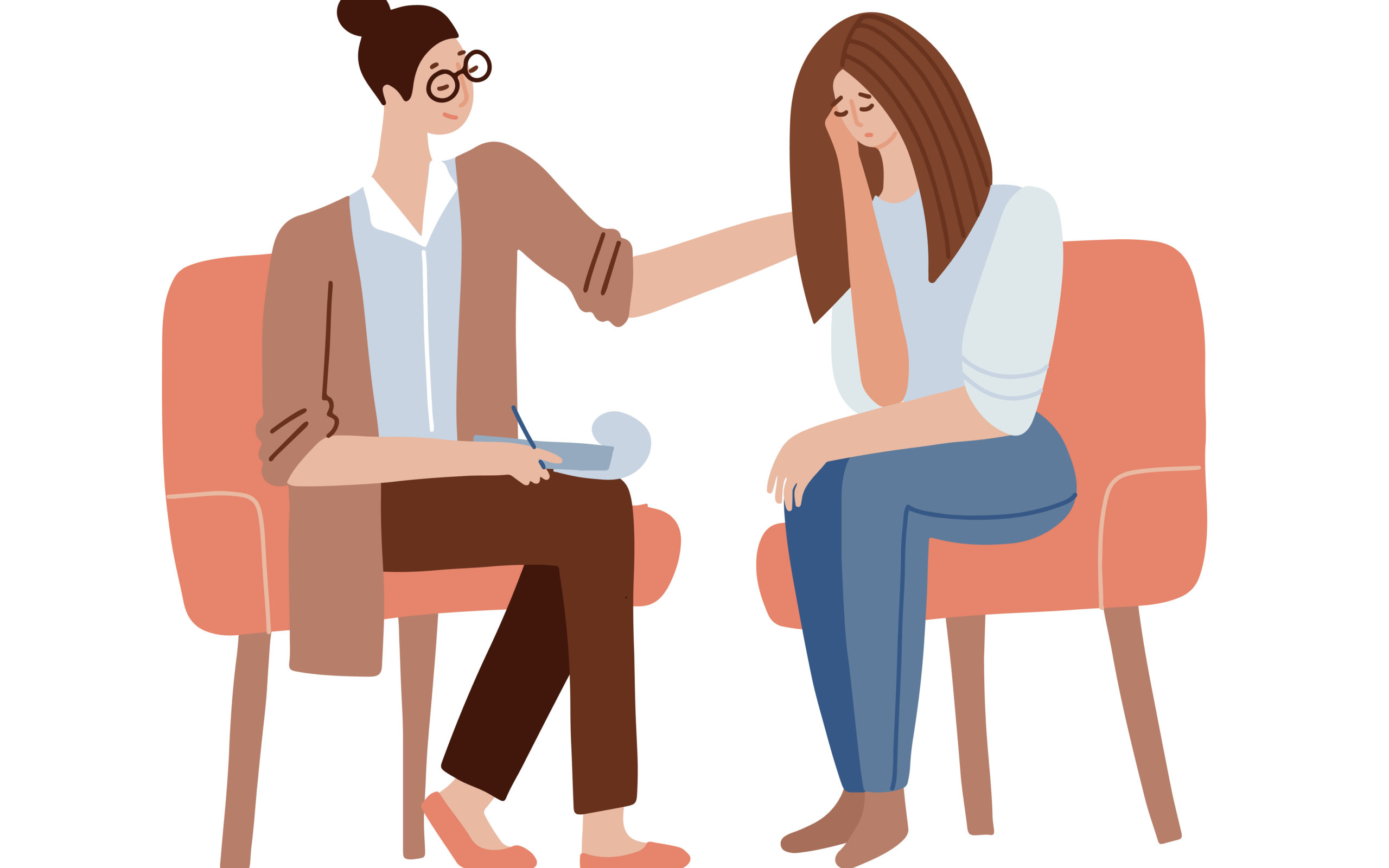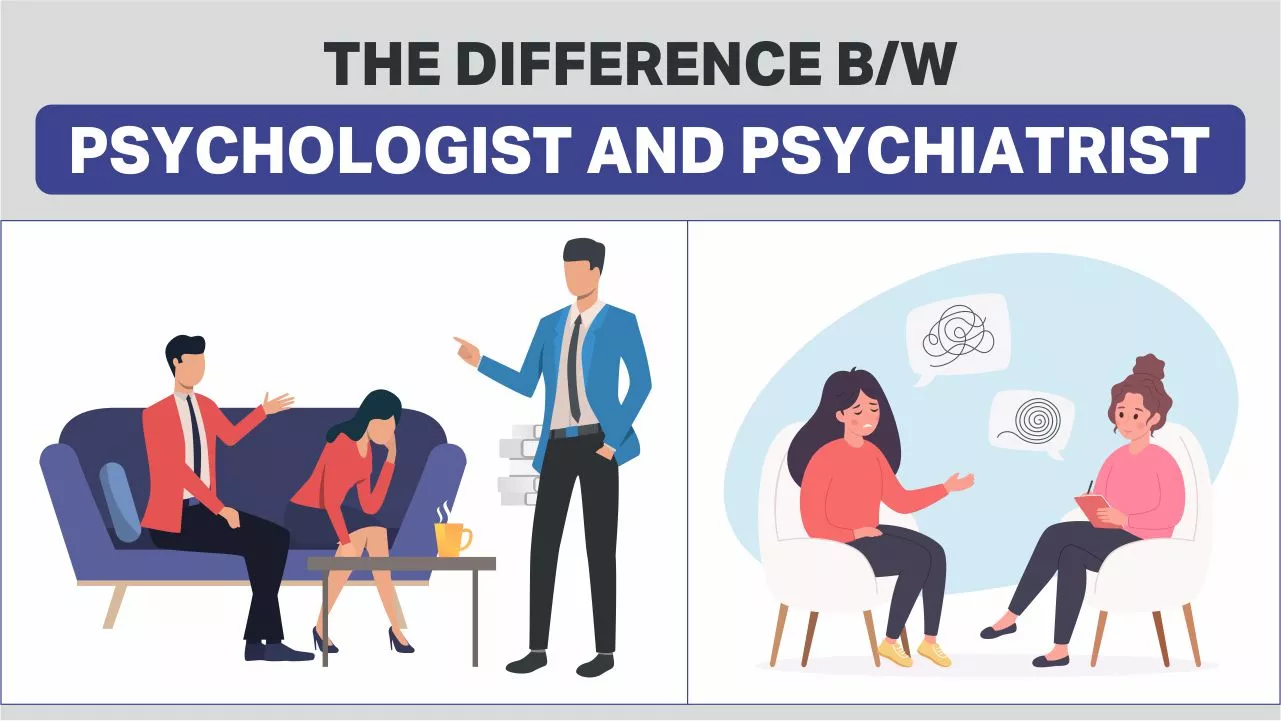The Value of Seeking Assistance from the Best Psychologist in Delhi for Stress Management
Psych Therapy: A Comprehensive Guide to Outcomes and methods

Cognitive-Behavioral Treatment
Cognitive-Behavioral Treatment (CBT) is a widely made use of psychotherapeutic method that focuses on recognizing and modifying inefficient thinking and behavior patterns. Established in the 1960s by Aaron T. Beck, CBT integrates behavior and cognitive theories to address different mental health concerns, consisting of clinical depression, anxiety, and stress-related problems.
CBT is identified by its organized, ambitious nature. Treatment commonly includes a joint procedure in between the therapist and client, where details troubles are determined, and useful approaches are developed to resolve them. Strategies such as cognitive restructuring, exposure therapy, and skill-building exercises are typically used. Cognitive restructuring includes challenging and changing adverse idea patterns, while exposure therapy intends to lower worry and anxiety with progressive direct exposure to been afraid objects or situations.
Evidence-based research study sustains the efficiency of CBT for a wide variety of emotional disorders - Best Psychologist in Delhi. Its emphasis on skill acquisition and self-help techniques empowers customers to continue development independently after treatment wraps up. The flexibility and performance of CBT have actually made it a cornerstone in modern psychotherapeutic practice
Psychodynamic Strategies
Rooted in the very early theories of Sigmund Freud, psychodynamic approaches focus on exploring the subconscious mind and its influence on behavior and emotions. These approaches intend to discover surprise ideas and sensations that may be driving maladaptive habits and emotional distress. Central to this method is the principle of inner problem, typically stemming from unsolved previous experiences, particularly those from childhood.
Therapists making use of psychodynamic techniques utilize several key techniques, including free association, where clients are urged to speak openly to disclose unconscious material, and desire analysis, which interprets the unrealized material of dreams. Additionally, the exploration of transfer and countertransference characteristics within the therapeutic partnership is vital. These communications can supply insights into the person's inner world and relational patterns.
Psychodynamic therapy is normally longer-term contrasted to various other modalities, offering a deep and comprehensive understanding of the individual's subconscious. Study shows that it can be specifically effective for intricate psychological health and wellness issues, such as personality problems and chronic anxiety. By fostering self-awareness and emotional understanding, psychodynamic treatment looks for to bring unconscious material to awareness, making it possible for individuals to accomplish enduring and meaningful modification in their lives.
Humanistic Techniques
Structure on the structures laid by psychodynamic methods, humanistic strategies offer an unique viewpoint concentrated on individual prospective and self-actualization. Coming from the mid-20th century, these strategies prioritize the inherent goodness and development capacity of individuals, emphasizing a holistic view of human experience. Key numbers such as Carl Rogers and Abraham Maslow have dramatically influenced this therapeutic method, which includes approaches like client-centered treatment and Gestalt treatment.
Client-centered treatment, developed by Rogers, plays a pivotal function in humanistic strategies. The therapist's role is more of a facilitator than an authority, urging customers to harness their internal resources for healing.
Gestalt treatment, one more vital humanistic method, highlights existing moment recognition and the assimilation of mind and body. By concentrating on the "present moment," customers gain higher understanding into their existing feelings and habits. Techniques such as role-playing and guided visualization are commonly utilized to help customers obtain a deeper understanding of themselves, ultimately resulting in enhanced self-awareness and gratification.
Integrative Treatments
Integrative treatments stand for a synthesis of various healing strategies tailored to satisfy the one-of-a-kind needs of each customer. best site This strategy recognizes the complexity of human psychology and the diverse nature of psychological health and wellness problems. By incorporating elements from various colleges of psychotherapy-- such as cognitive-behavioral treatment (CBT), psychodynamic treatment, and humanistic approaches-- integrative treatments use an even more adaptable and holistic treatment standard.
Practitioners of integrative therapy evaluate each customer's details demands, signs and symptoms, and personal history to create a personalized treatment strategy. This personalized strategy enhances the capacity for healing success by addressing the origin creates of psychological distress and promoting total health. Techniques could consist of mindfulness exercises, cognitive restructuring, and emotional processing, each selected to target different facets of the client's problems.
Additionally, integrative treatments stress the restorative partnership, seeing the client-therapist bond as an important element of efficient treatment. This partnership fosters a helpful setting where clients feel risk-free to explore and resolve their issues. The adaptability of integrative therapies makes them ideal for a wide array of conditions, consisting of stress and anxiety, clinical depression, injury, and interpersonal problems, therefore boosting their applicability and performance in varied professional settings.

Determining Treatment Results
Reviewing the efficiency of psychiatric therapy is important for both medical professionals and customers to ensure that the treatment is generating the preferred outcomes. To accomplish this, various techniques and tools are utilized to determine therapy end results systematically. Standard analysis instruments, such as the Beck Depression Stock (BDI) and the Generalized Anxiousness Problem 7 (GAD-7), supply quantitative data on signs and symptom intensity and adjustments gradually.
In enhancement to standardized devices, qualitative approaches like client self-reports and professional interviews provide valuable understandings right into the individual experiences and perceived development of customers. On a regular basis scheduled evaluations, usually at the beginning, omphalos, and end of therapy, aid in tracking the trajectory of improvement or determining areas needing change.
End result dimension is not restricted to signs and symptom decrease; it additionally encompasses practical renovations in every day life, such as much better social partnerships, raised work performance, and boosted overall health. Modern developments in digital health and wellness have presented mobile applications and on the internet systems that promote real-time surveillance and responses, better fine-tuning the analysis process.
Inevitably, a detailed technique to determining treatment results guarantees that restorative interventions work, effective, and tailored to meet the individual needs of customers, thus maximizing the general therapeutic experience.
Conclusion
Psychotherapy uses a multifaceted variety of techniques aimed at dealing with details psychological health concerns and boosting general well-being. Cognitive-Behavioral Treatment and psychodynamic approaches target inefficient thoughts and subconscious impacts, respectively. Humanistic methods concentrate on individual development and self-actualization, while integrative therapies integrate numerous methods for tailored treatment strategies. Examining therapy end results with qualitative approaches and standard evaluations makes sure a detailed understanding of performance, eventually assisting clients toward enduring psychological wellness enhancements.
From the organized strategy of Cognitive-Behavioral Treatment (CBT) to the deep expedition of the unconscious in psychodynamic treatment, each browse this site technique brings one-of-a-kind advantages. Its emphasis on ability procurement and self-help techniques empowers clients to proceed development individually you can find out more after treatment ends (Best Psychologist in Delhi). Secret numbers such as Carl Rogers and Abraham Maslow have actually substantially influenced this therapeutic method, which incorporates techniques like client-centered treatment and Gestalt therapy
